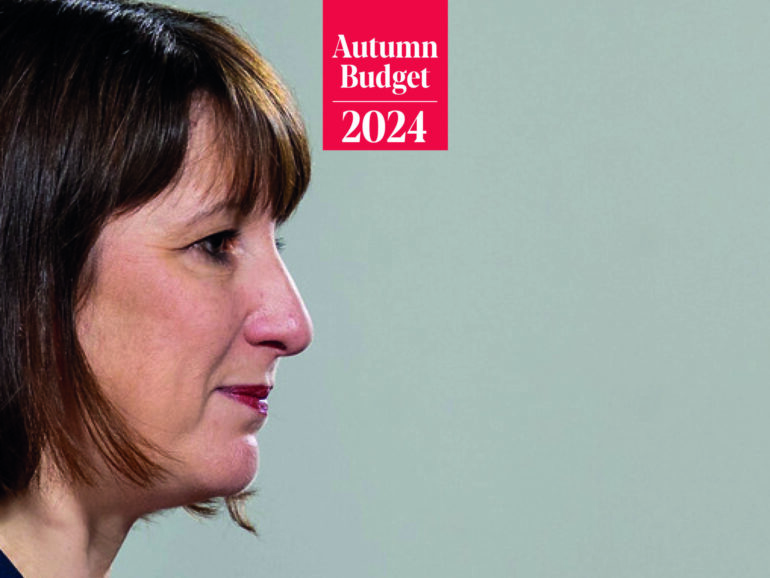PropTech specialist Reapit has called on Chancellor Rachel Reeves to take action regarding energy standards in the upcoming Budget.
In a pre-Budget submission to HM Treasury, Reapit said the aim should be to financially support landlords faced with costly new energy efficiency measures.
At the same time, the Government should encourage ‘right-sizing’, reducing Stamp Duty for owner-occupiers who want to move to a smaller property that better fits their needs.
The Government will require homes within the private rented sector (PRS) to meet new minimum energy efficiency standards by 2030.
However, Reapit warned that such a move could lead to unintended consequences, such as a significant reduction in housing supply within the PRS.
Earlier this year, the company’s research revealed that the cost of retrofitting all relevant PRS properties in England, Wales and Scotland to the new minimum standard is estimated at £24.03bn – averaging £10,442 per landlord.
According to the latest Census data, 68.8% of households in England and 76.3% in Wales have more bedrooms than needed.
The highest rates of under-occupancy was among those aged 65 and over, at 86.1% in England and 90.2% in Wales.
Recent analysis by Barclays and Ipsos found that 1.7 million households are open to right-sizing within the next one to two years, with 45% of under-occupiers citing cost as the main barrier to moving.
Reapit’s submission to HM Treasury recommended several specific policies to allow more owner-occupiers to downsize and relieve the financial pressure on landlords faced with retrofitting their properties to lower energy bills for tenants and secure a low-carbon future for the PRS.
In addition to the lower rate of Stamp Duty for downsizing, Reapit suggested interest-free loans and grants to incentivise landlords to retrofit their properties for greater energy efficiency, exemption of homes that cannot be economically retrofitted from the new EPC C standard to prevent housing stock reductions and mitigate rent increases due to decreased rental supply, and the reinstatement of the Landlord’s Energy Savings Allowance, enabling landlords to offset the cost of upgrades against their tax obligations.
Steve Richmond, general manager for UK and Ireland at Reapit, said: “We’ve had months of Budget speculation, including debate over increases in Capital Gains Tax, which has not helped the market.
“This has come at a time when the private rented sector is also grappling with new proposed regulations.
“What we want to see from the Government in the upcoming budget is support for both the sales and lettings sector.”
He added: “We are facing a critical shortage of homes, and now is the time to incentivise better use of our existing housing stock.
“Encouraging right-sizing is a no-brainer – not only would it free up larger homes for growing families, but it would also lead to higher Stamp Duty receipts as people move up the property ladder.
“With inflation falling, acting now could stimulate the market and help more people find their dream homes.
“On the lettings side, Rightmove data shows that 18% of properties for sale in September were formerly rentals.
“The Government needs to address this trend, as fewer rental properties will push rents higher, affecting tenants the most.
“Rightmove suggests that stricter EPC targets in the PRS are partly driving this shift. Providing landlords with loans, grants, and broader support from lenders would be a step in the right direction to help them meet these targets.”
Richmond concluded: “At Reapit, we believe the Government should grasp the opportunity this budget provides to balance the needs of the rental market with environmental goals, while supporting homeowners in large properties put off by the cost of moving.
“By offering practical support to landlords and incentivising right-sizing, we can help build a property market that works for all.”



